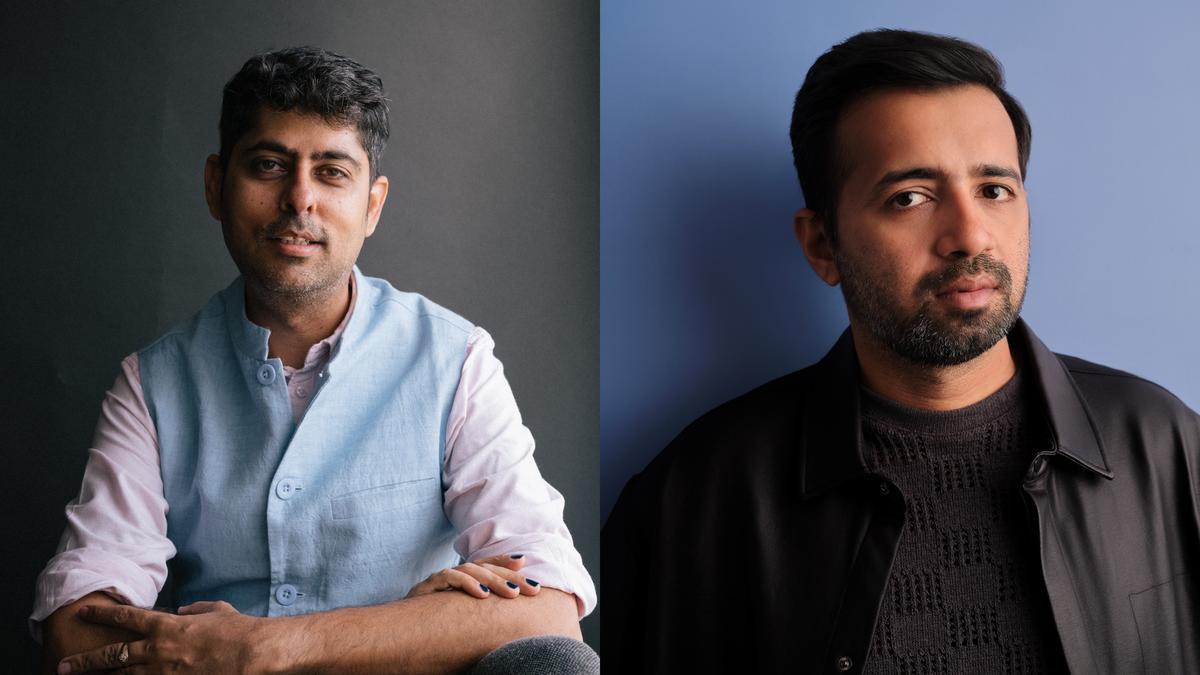
In a thrilling spectacle of cricket, Ireland pulled off a remarkable victory against South Africa, clinching the series finale in Abu Dhabi by a convincing margin of 69 runs. This historic win marked only the second time Ireland has triumphed over South Africa in One Day Internationals (ODIs), adding a seminal chapter to their competitive history against the formidable Proteas. Notably, this victory came after 11 intense encounters, where South Africa had previously dominated eight matches, with one being abandoned due to rain.
The success of the Irish side in this match was rooted in their stellar start, particularly in the first 20 overs of both innings, which proved pivotal. Batting first, Ireland exhibited resilience and determination, crafting a 100-run opening partnership that set the tone for the innings. Captain Paul Stirling commanded the field with poise and authority, as the South African bowling attack struggled to make early breakthroughs. Stirling, partnering with Andy Balbirnie, formed a solid foundation as they commenced the innings with great discipline and strategic aggression. While Balbirnie maintained a cautious approach, Stirling aggressively tackled the bowlers, and together, they accumulated a 100-run stand.
Balbirnie, however, fell short of his half-century, but the incoming Curtis Campher seamlessly stepped up to fill the void, taking full advantage of his promotion in the batting order. His role as a pinch-hitter was executed with precision, helping Ireland reach a significant score of 284. Stirling played a splendid knock, registering a graceful half-century before falling prey to the skilled bowling of Ottniel Baartman, who struck twice in quick succession. Despite a brief collapse, Harry Tector, batting at number four, delivered an explosive performance that undoubtedly deflated the South African side’s morale. Tector’s brisk innings facilitated Ireland in posting a challenging total, further putting pressure on a South African side that was missing some of its key players.
.
South Africa, facing a daunting chase, found themselves in dire straits as Ireland’s pace attack, featuring Graham Hume, Mark Adair, and Craig Young, wreaked havoc. The Proteas were reeling at three wickets down for just 10 runs. With the top order decimated, South Africa was perpetually trailing behind in the game, struggling to mount a meaningful counterattack.
Among the rubble, Kyle Verreynne, Jason Smith, and Andile Phelykwayo made valiant attempts to resurrect the innings. In particular, Jason Smith, playing only his second ODI for South Africa, stood out with a remarkable display of composure and skill. Demonstrating exceptional maturity, the 29-year-old kept the hope alive for South Africa even as wickets tumbled around him. Smith’s gallant innings of 91 showcased his potential and determined mindset, providing a beacon of resistance in an otherwise dire situation for the Proteas.
However, despite Smith’s standout performance, the target proved insurmountable. South Africa’s middle and lower order faced a monumental task, one that ultimately was beyond their reach. As the match approached its final stages, Ireland’s advantage was insurmountable, and the visitors eventually succumbed to the mounting pressure, sealing a comprehensive and dramatic victory for the Irish team.
This win was doubly significant for Ireland, as it followed their successful avoidance of a series loss in the T20 format against the same opponent. The Irish managed to secure a 2-1 victory over South Africa in the ODI series after the Proteas had initially seized the momentum by winning the first two games. Ireland’s victory in the series finale spotlights their growing stature and prowess on the international cricket stage, as they continue to challenge and overcome more established cricketing nations.










